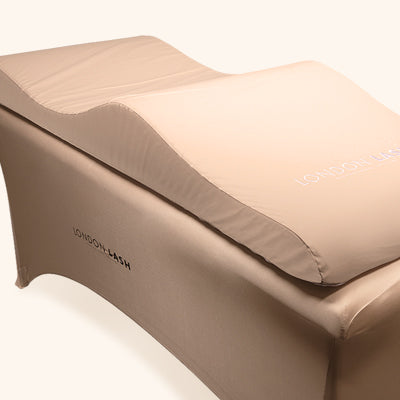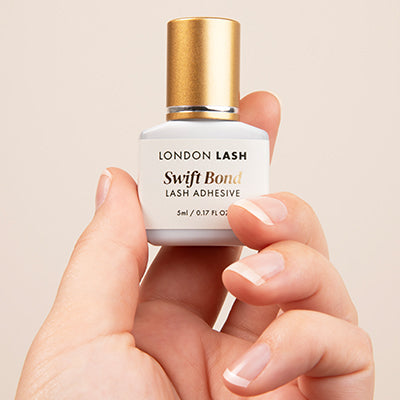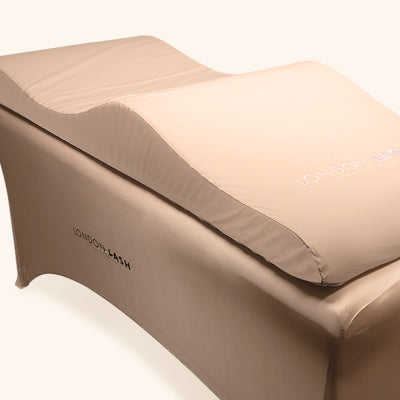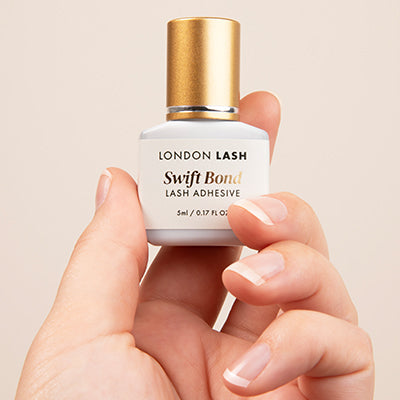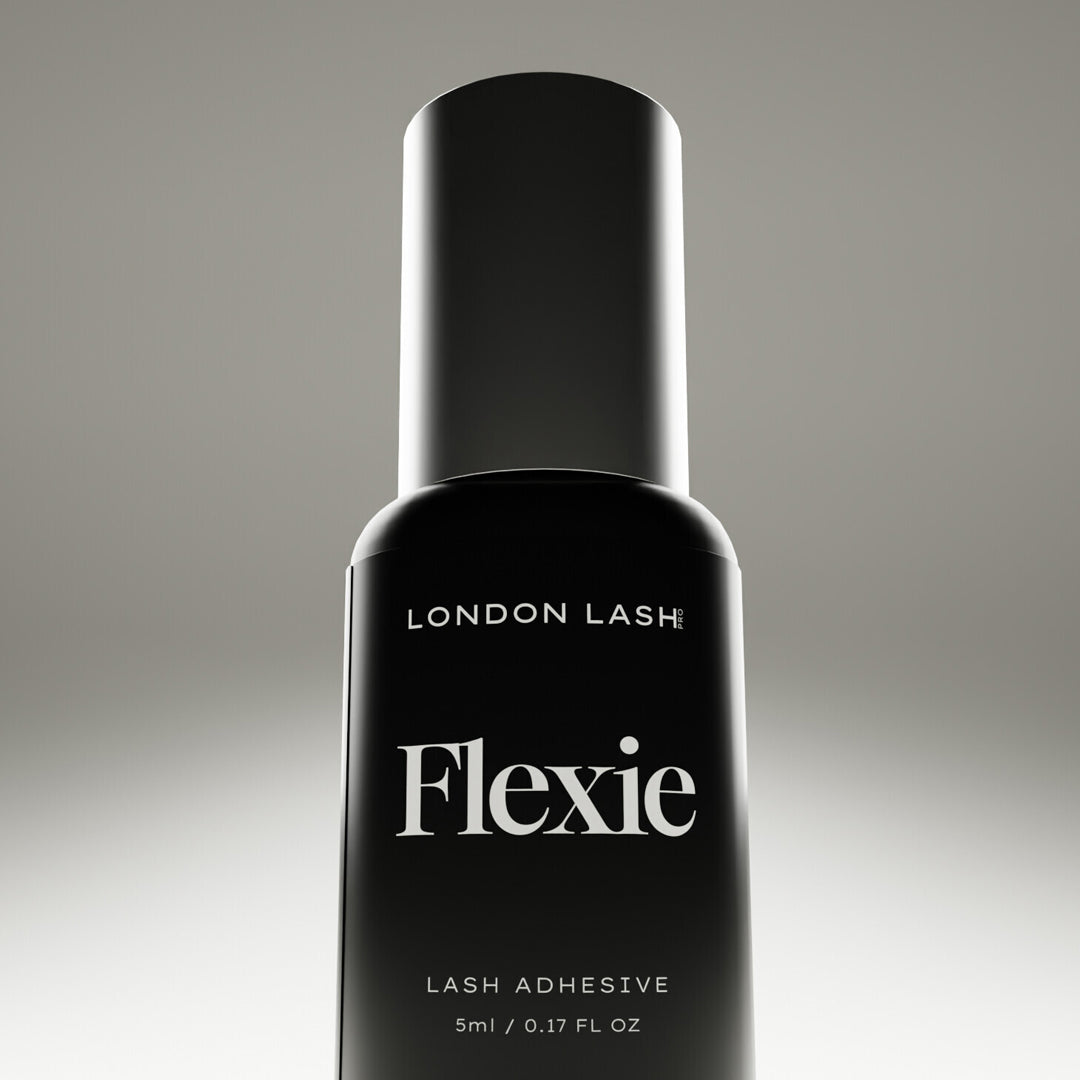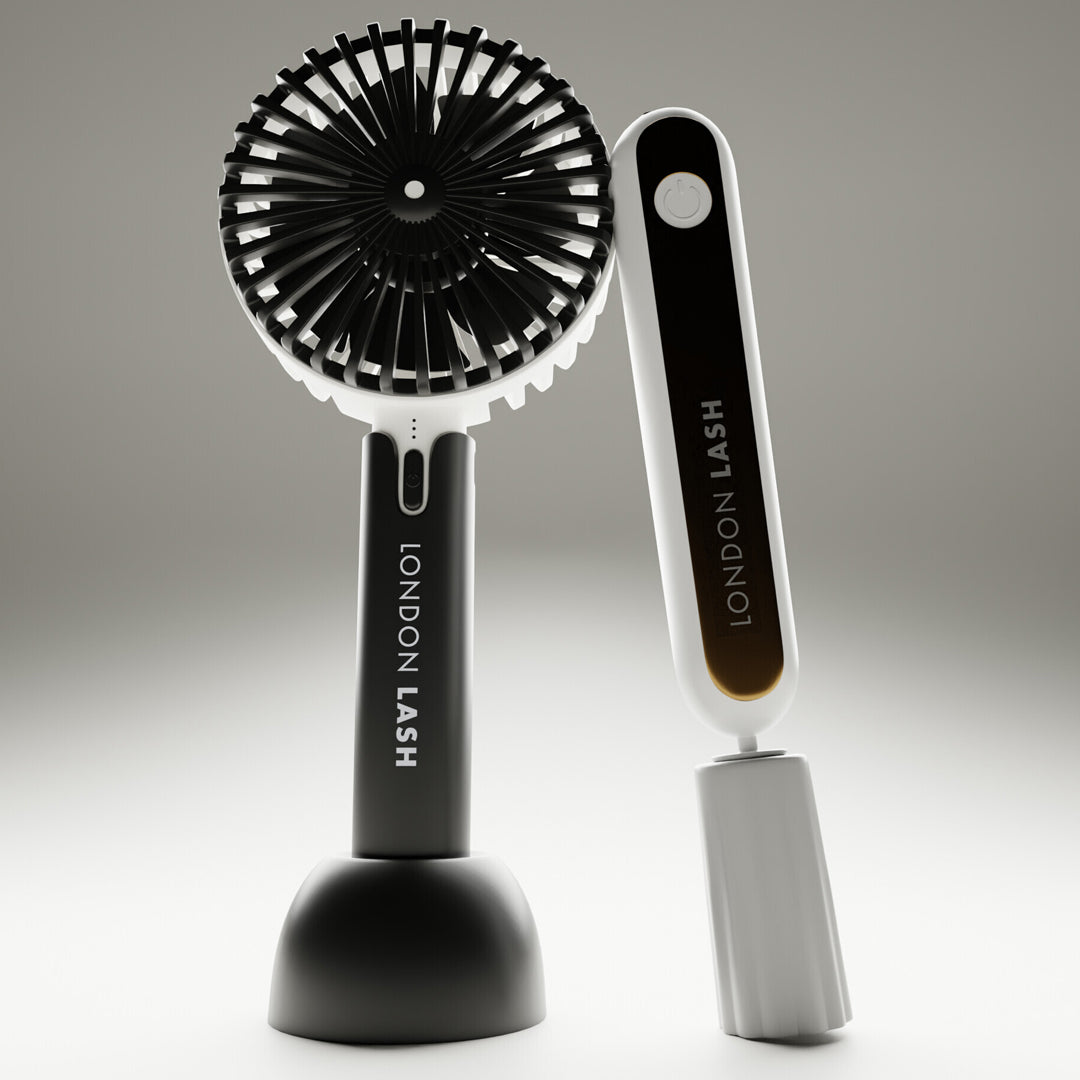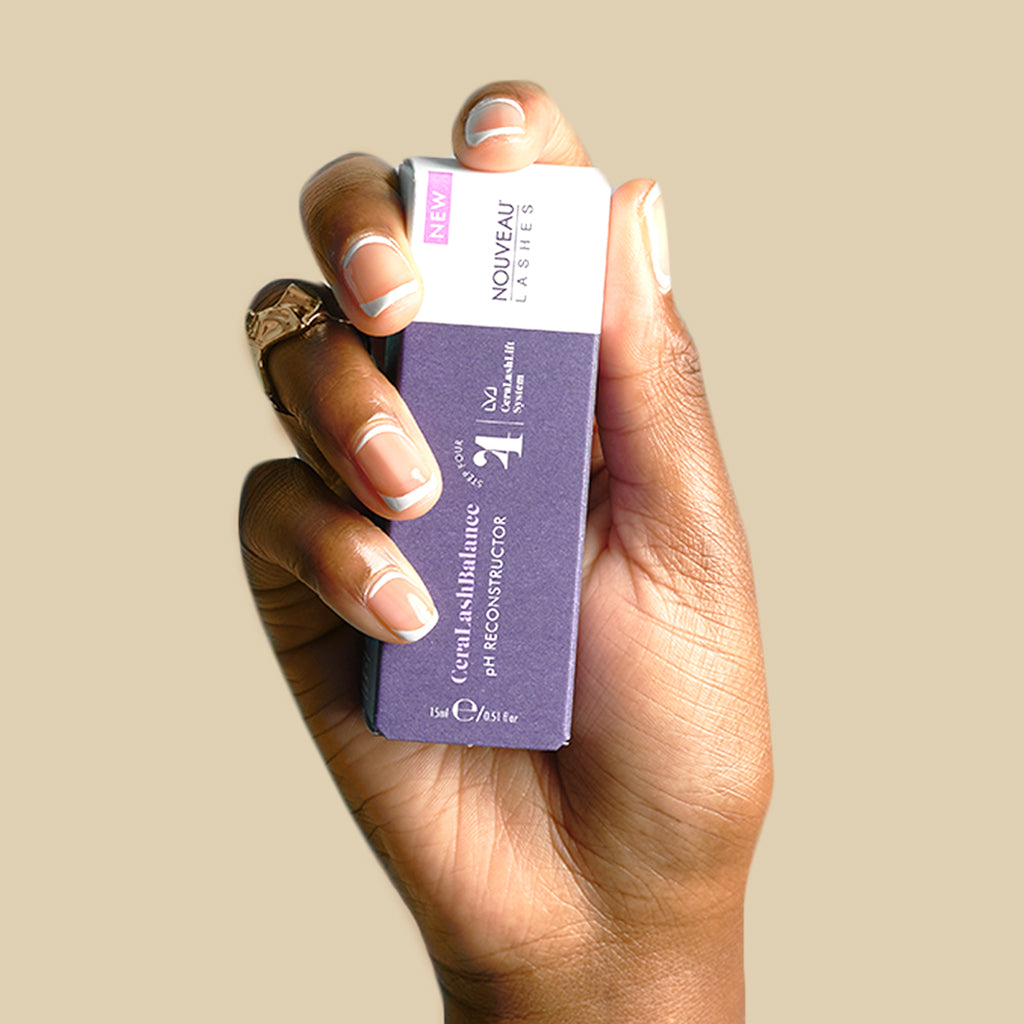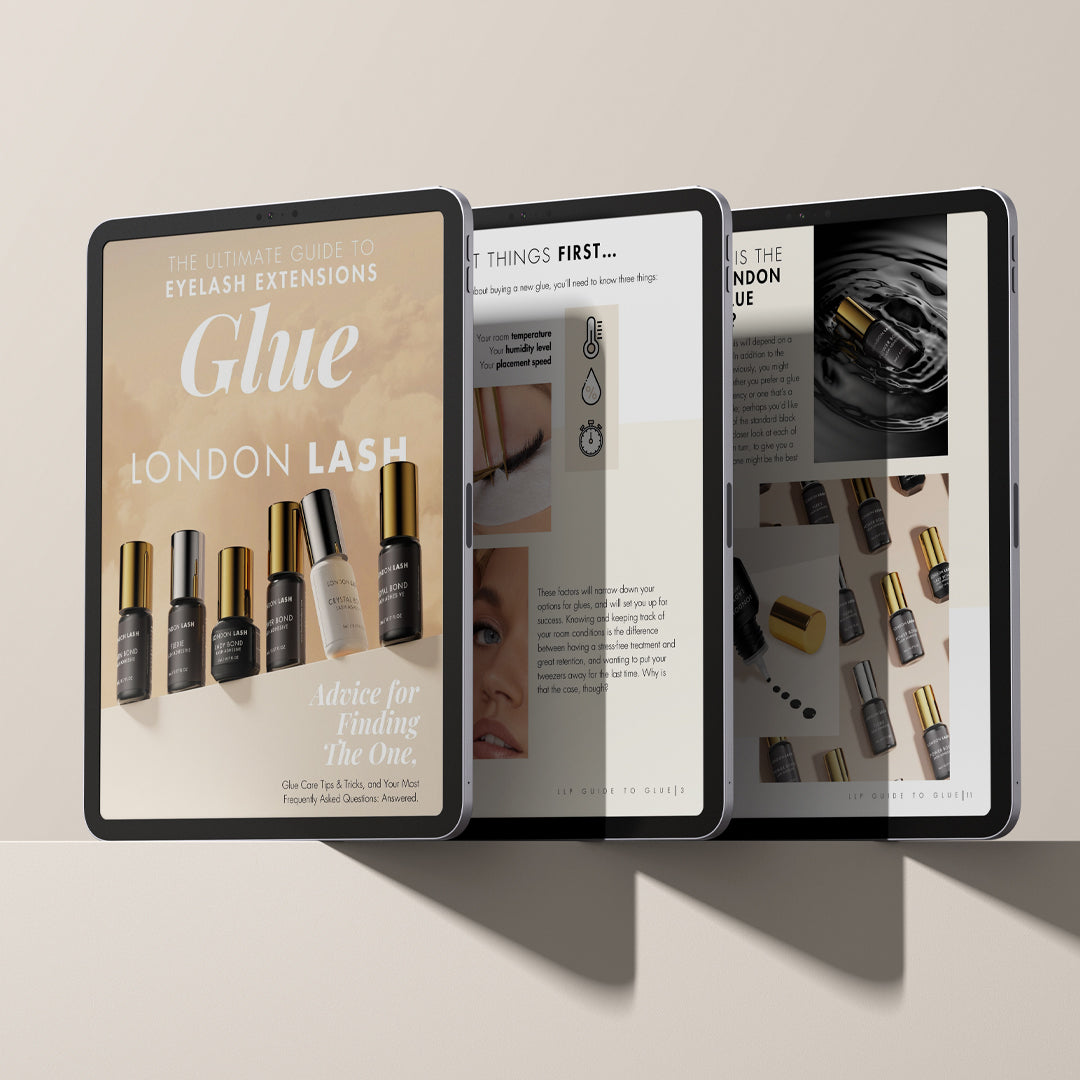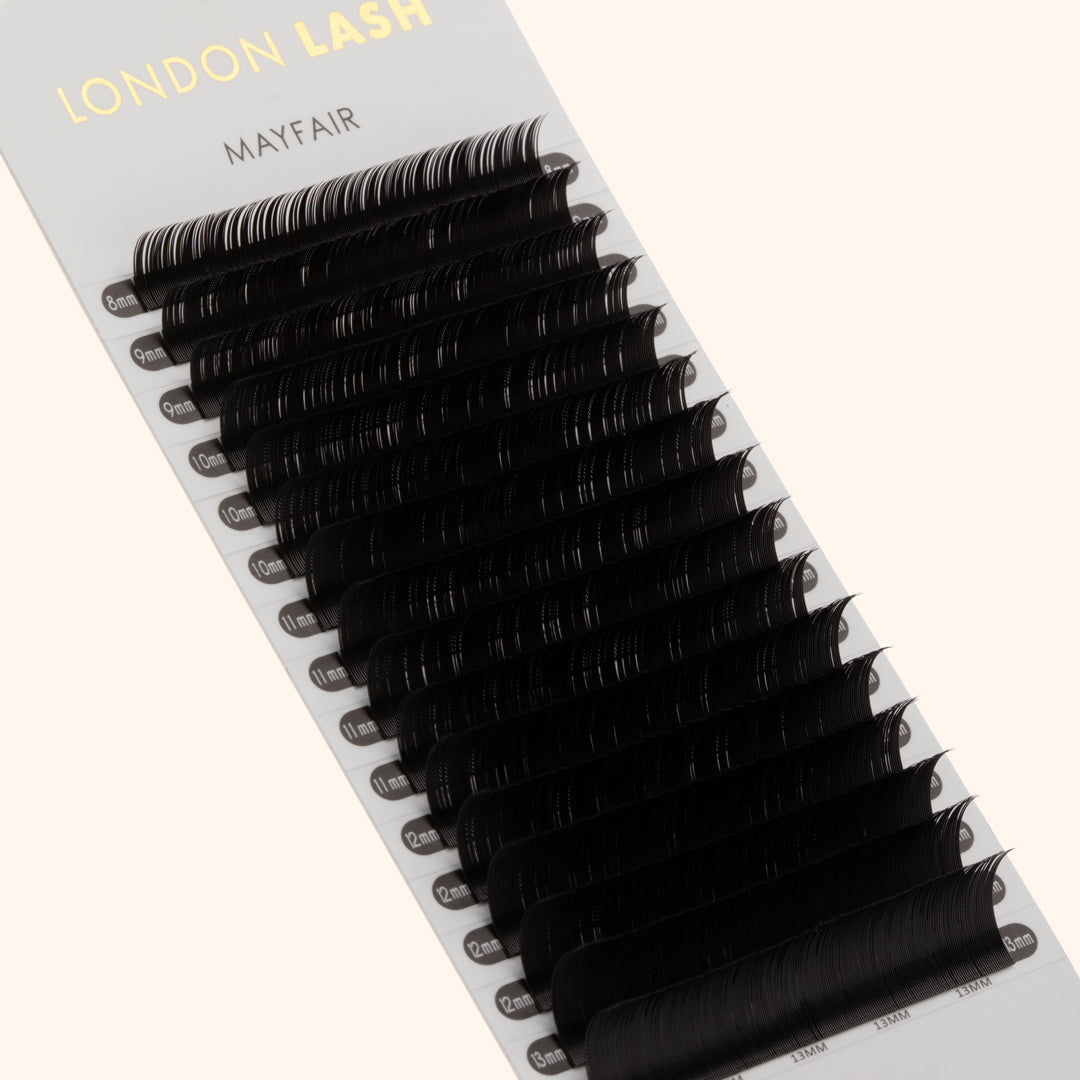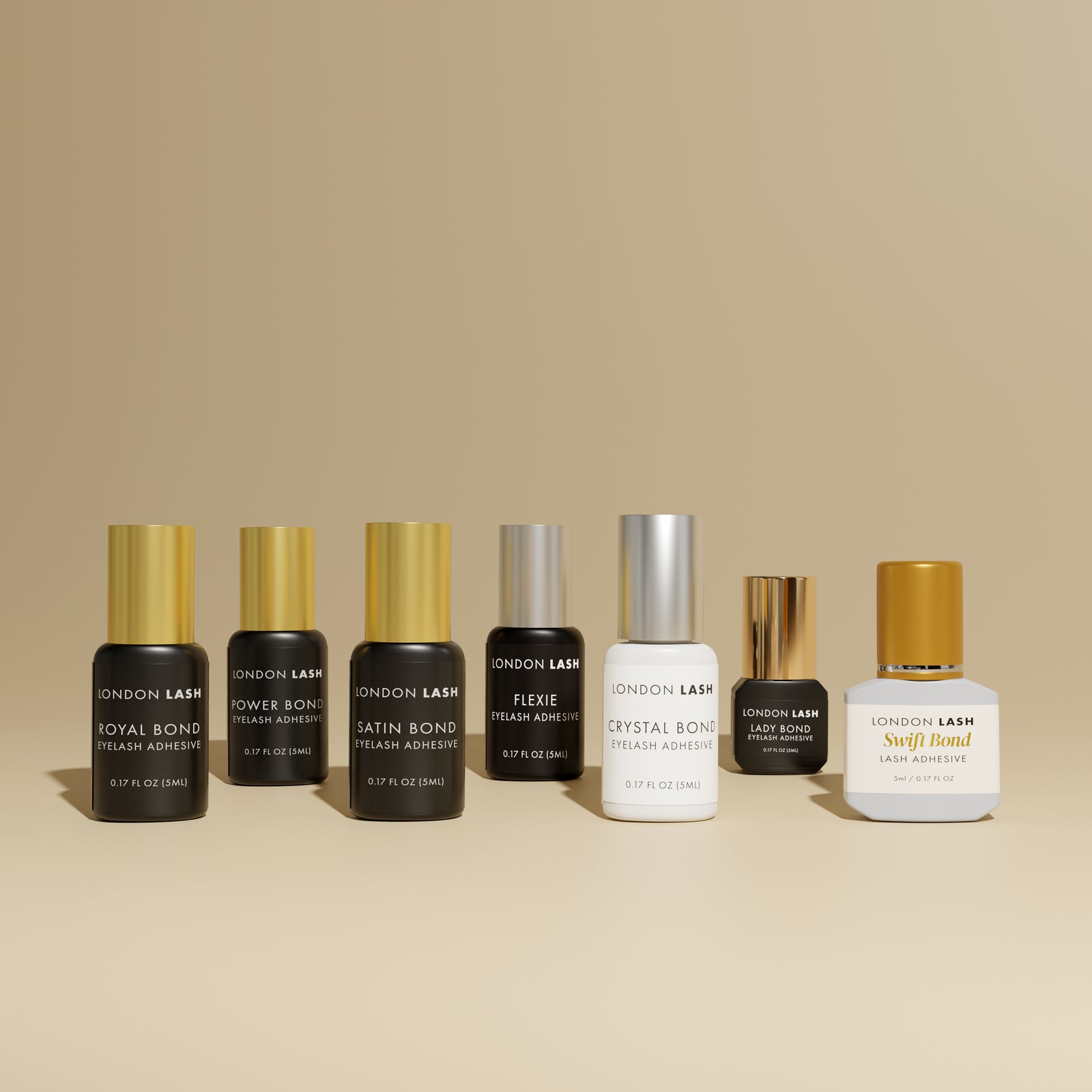New In
Glues & Liquids
Lashes
LASH LIFT
Dolla Nails Pro
Online Training
Save up to 57% off
Eyelash Extension Patch Test: Everything You Need To Know
December 29, 2021 3 min read

Everything You Need To Know About An Eyelash Extension Patch Test
As an eyelash extension professional, understanding the ins and outs of patch testing is crucial. If you're feeling a bit out of the loop or just need a refresher on the importance, timing, and methodology of conducting a patch test for your clients, you're in the right place. Let's dive in!

What Is A Patch Test?
A patch test is a precautionary measure to determine if your client might have an allergic reaction to the products you plan to use during their eyelash extension application. By applying a tiny amount of the product to a specific area, you can observe any adverse reactions your client might have.
How To Conduct A Patch Test
Similar to how a hair salon requires a patch test before a color treatment, eyelash extension specialists use the patch test to evaluate sensitivity to lash adhesive, not the lashes themselves. The main concern is usually the cyanoacrylate in the adhesive, which can irritate or cause allergic reactions in some clients.
Unlike hair dye tests, you should NOT apply lash adhesive directly to the skin due to its irritating properties. A more suitable approach for eyelash extensions involves attaching a few individual extensions—up to 10—to each eye, using the same products and techniques as you would in a full session. This includes the use of pre-treatment products such as your primers.
It's best to perform a patch test 24-48 hours before the scheduled appointment. Note that this is generally only required for new clients, saving you the hassle of repeating the process for repeat customers unless you switch up your product lineup.
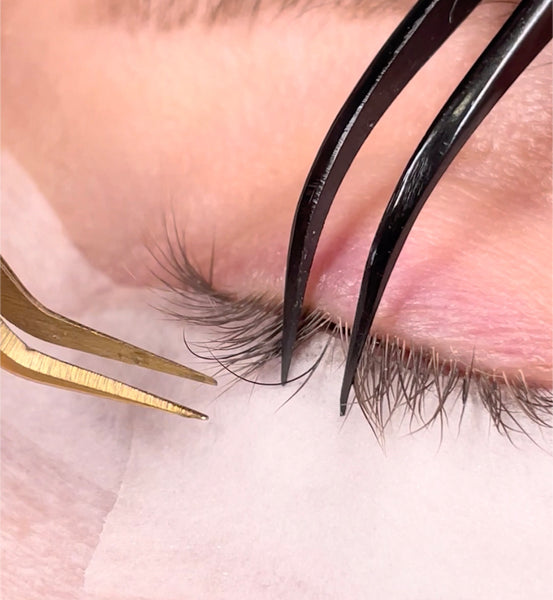
How Long Does A Patch Test Take?
The patch test itself should only take about 30-45 minutes. It's advisable to conduct a thorough consultation beforehand, preparing and applying the lashes as you normally would. Opt for fine extensions that match the client's natural lash length for a seamless look, that won’t look strange as you’re not applying a full set of lashes.
This preliminary step is crucial for assessing how the client's skin reacts to the products you plan to use!
Post-Patch Test Procedures
It's important to understand that patch tests are not 100% foolproof and may not always yield definitive results. That being said, if there's no sign of sensitivity, you're good to proceed with the full eyelash extension application. Should there be any reaction, it's vital to remove the extensions and all traces of glue promptly and safely. In the event of a severe reaction, advise your client to seek medical attention immediately.
For further insights, we've compiled a comprehensive guide on managing allergic reactions.
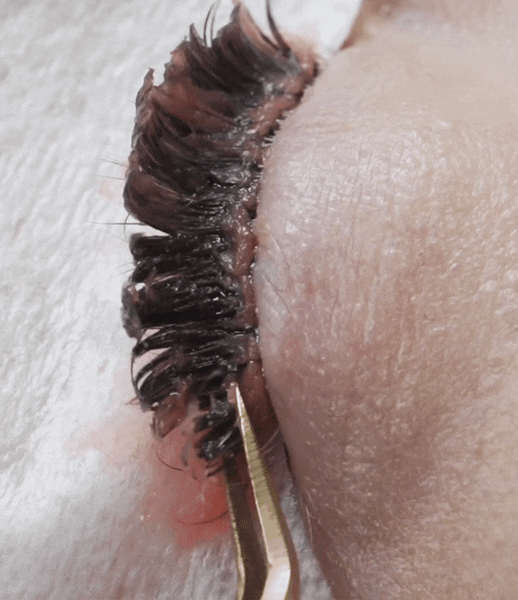
Do Your Clients Need A Patch Test Every Time?
Many clients wonder about the necessity of frequent patch tests. While they may seem quite inconvenient, you'll only need to perform a patch test before their initial appointment. Although it's impossible to guarantee they won't develop sensitivities later, this initial test is a critical precautionary measure.
Always verify with your insurance provider to ensure compliance with their guidelines, as requirements can vary.
If It’s Not 100% Accurate Then What’s The Point Of Patch Testing?
With evolving industry standards, some insurance providers no longer mandate patch tests, deferring instead to the recommendations of product suppliers. But, you still must check with your insurance provider whether they require you to do a patch test or not.
Ultimately, the decision to conduct patch tests lies with you, the business owner. If you choose not to require them, the most responsible course of action is to fully inform your clients about potential risks and offer a patch test so they can make an educated decision. Documenting their informed consent during the consultation, even just on their consultation card, is also a prudent practice.
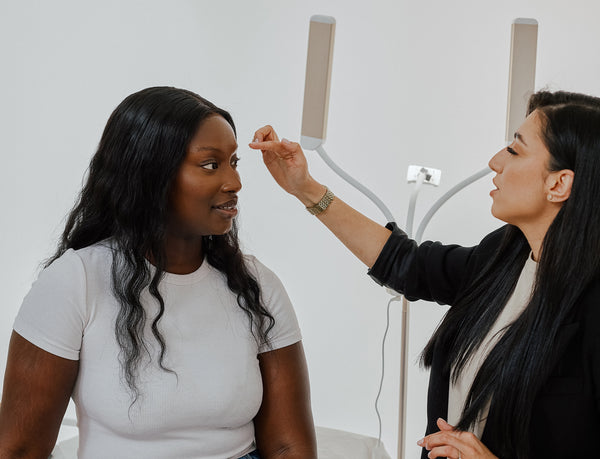
To conclude, while the practice of conducting patch tests for eyelash extensions may seem like an extra step, it is a critical component of ensuring the safety and satisfaction of your clients. By taking the time to perform these tests, especially with new clients, you not only adhere to best practices but also build trust by demonstrating your commitment to their well-being. Remember, informed clients are happy clients, and by keeping them well-informed about the procedures and any potential risks, you set the stage for a positive and long-lasting relationship. Whether mandated by your insurance provider or not, the decision to conduct a patch test should be considered an integral part of your service protocol, ensuring that beauty enhancements are both safe and enjoyable for everyone involved.
Check out these featured products
+3 More
M B LSubscribe
Sign up to get the latest on sales, new releases and more …



